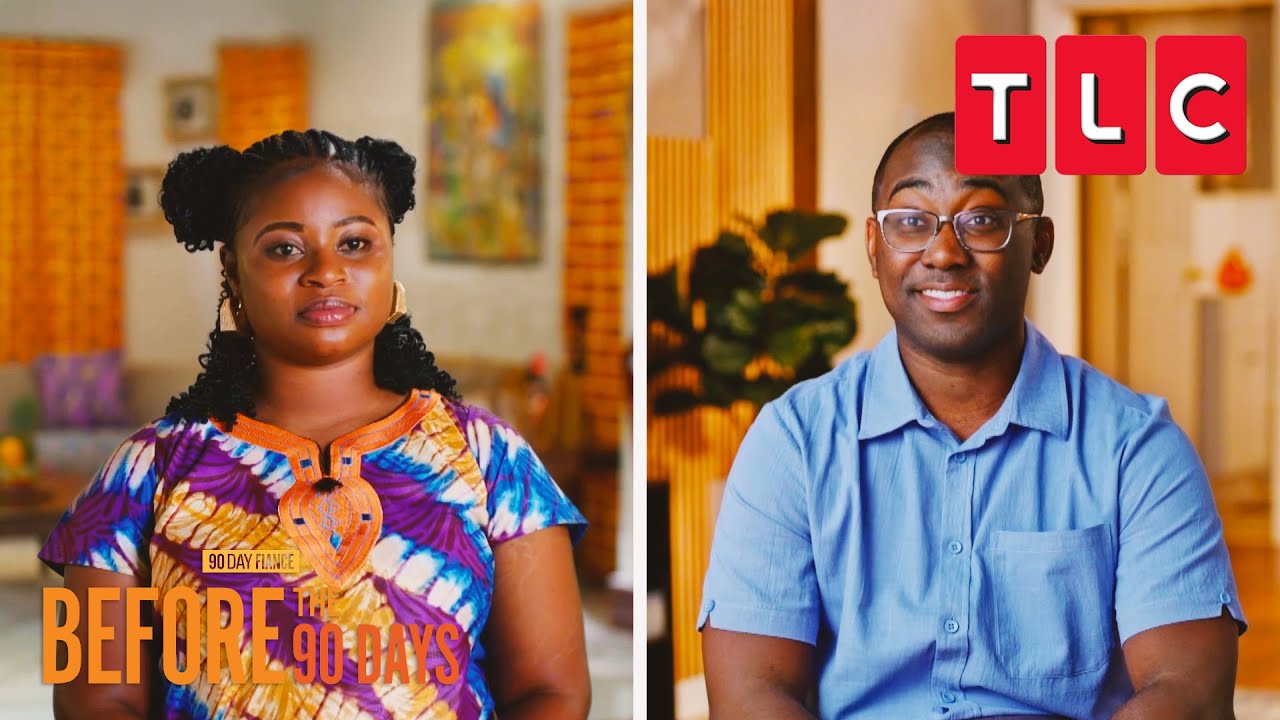
Introduction
The hit reality TV series 90 Day Fiancé has transformed the landscape of modern television, bringing to light the challenges and triumphs of international love stories. Premiering in 2014, the show explores the lives of couples who have applied for K-1 visas, giving them just 90 days to marry once the foreign partner arrives in the United States. Its unique premise resonates with viewers, making it not only a source of entertainment but also a reflection of contemporary issues surrounding immigration and love.
Overview of the Show
90 Day Fiancé follows various couples, documenting their journeys as they navigate cultural differences, family dynamics, and personal insecurities during their limited time together. The series has spawned multiple spin-offs, including 90 Day Fiancé: Happily Ever After? and 90 Day Fiancé: Before the 90 Days, further broadening its reach and popularity. Each couple’s storyline offers viewers a diverse perspective on love across borders, as they deal with real-life challenges such as financial struggles, family disapproval, and differing expectations.
Recent Developments
As of October 2023, the latest season of 90 Day Fiancé has been met with anticipation and excitement from fans, showcasing new couples and their unique challenges. Viewers have recently witnessed emotional engagements, dramatic fallouts, and heartwarming moments, all of which contribute to social media buzz. The show’s innovative format and relatability have sparked discussions about the complexities of modern relationships, especially involving cross-cultural dynamics. Additionally, the series has attracted a broader audience, including those who initially might not consider reality television.
Social and Cultural Impact
The series not only entertains but has also ignited conversations around immigration policies and the human aspects of these laws. It humanises the stories behind visa applications and highlights the emotional consequences families face due to geographical boundaries. As discussions on immigration continue to be a hot-button issue, shows like 90 Day Fiancé can serve as a platform for educating viewers on the realities of love across cultures.
Conclusion
In conclusion, 90 Day Fiancé has established itself as more than just a reality show; it has become a cultural phenomenon that reflects contemporary societal issues. Its ability to capture the complexities of love and immigration resonates deeply with audiences, ensuring its relevance for years to come. As the show continues to evolve and explore new narratives, it stands as a critical piece of television that highlights the beauty and struggle of love in a globalized world.
You may also like

The Importance of Storytelling in Modern Society

Understanding the Fall Season: Change, Beauty, and Tradition
